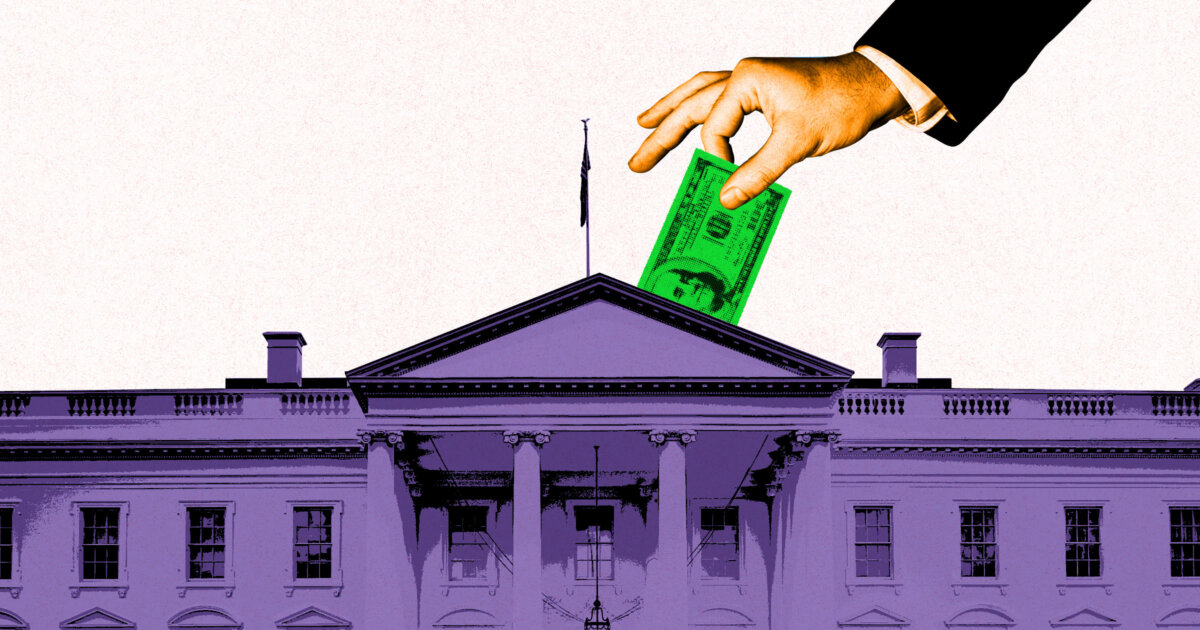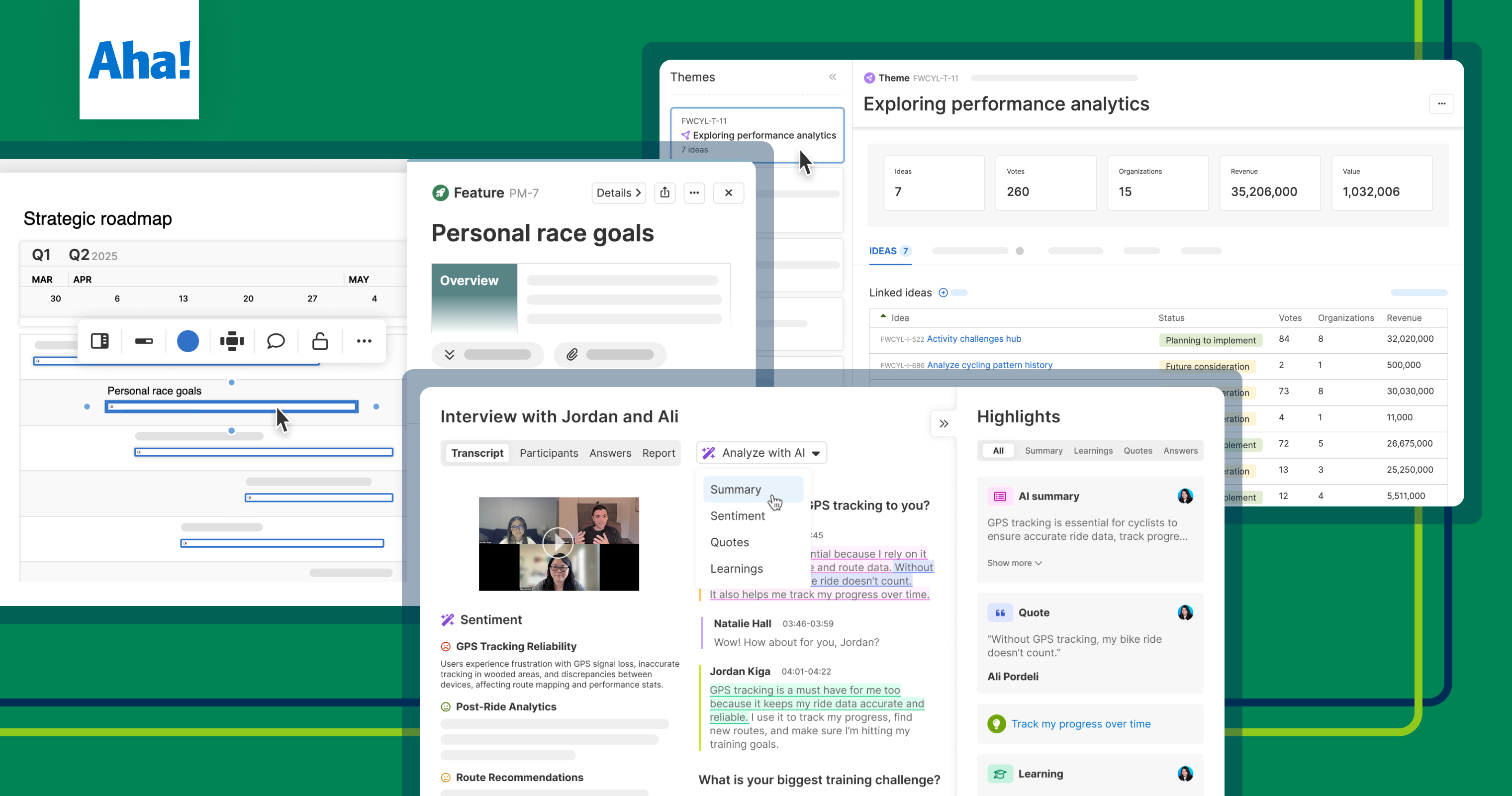What happens if I don’t file my taxes? Don’t let DOGE cuts tempt you into believing the IRS is toothless
It’s fair to assume that most of us can relate to the famous saying, “in this world, nothing is certain except death and taxes.” This is just the second half of one of Benjamin Franklin’s last great nuggets of wisdom, but more on that to come. As Franklin would likely have reminded you, Tuesday, April 15, 2025, is the last day to file your federal income taxes for 2024. With everything going on at Elon Musk’s so-called Department of Government Efficiency (DOGE), including reported layoffs at the Internal Revenue Service (IRS), it might be tempting to try and fly under the radar this year and not file your taxes, hoping to dodge an audit. However, even with all the cuts in government jobs, this life decision will have consequences. Here’s a deeper look at Franklin’s words, an overview on potential IRS job cuts, and what could happen if you don’t file by the April 15 deadline. Some of Benjamin Franklin’s last words What the average Joe might not know is that Franklin’s proverb was first penned in November 1789 in a letter to French scientist Jean-Baptiste Le Roy, according to the National Constitution Center. It became public knowledge in 1817 when it was translated from French and printed as part of a larger collection of Franklin’s private correspondence. The reason for the letter was twofold. Franklin wanted to check up on his old friend because he hadn’t heard from him since the start of the French Revolution. He also updated Le Roy on America’s beginnings. The full quote reveals Franklin’s cautious optimism for the new country he helped create. “Our new Constitution is now established, everything seems to promise it will be durable; but, in this world, nothing is certain except death and taxes,” he wrote. He went on to discuss his own well-being. “My health continues much as it has been for some time, except that I grow thinner and weaker so that I cannot expect to hold out much longer.” Franklin’s words turned out to be a self-fulfilling prophecy of sorts as he died just five months later on April 17, 1790, in Philadelphia. How DOGE cuts will affect the IRS Since Franklin valued the checks and balances found in the constitution and spoke out against authoritarianism, it is fair to say that he might have concerns about some of the Trump administration’s actions. It’s likely he would have agreed with Theodore Chuang, a U.S. District Court judge for the District of Maryland, who claims that Musk’s leadership position is unconstitutional, as Inc. reported. According to Chuang, Musk’s position violates Article II, Section 2 of the constitution, otherwise known as the “appointments clause,” because he has not been properly appointed by the president and approved by the Senate. For now, Trump and Musk plan to continue their cuts. In March, CNN reported on a leaked email from DOGE that called for a 20% reduction of the IRS, which would put 18,200 individuals out of a job. According to the nonpartisan Budget Lab at Yale University, although this would save $1.4 billion in 2026, it would ultimately cost the federal government $6.8 billion in lost tax revenue. If there are fewer people to collect taxes, fewer people pay. So what if I don’t file my 2024 taxes? Just because the IRS is laying off workers, that doesn’t mean you should blow off your taxes. They help fund everything from roads to education to defense of our country. If you miss the April 15 deadline and you owe, you could be slapped with interest and fees. The amount would depend on just how late you are and how much you owe. The IRS has a breakdown of failure-to-pay penalties on its website. If you owe the federal government money, the failure-to-file penalty is around 5% of the unpaid taxes due each month until you hit the 25% maximum. After 60 days, you will be charged $485, or 100% of the tax due, whichever figure is less. If you don’t pay on time, there is an additional penalty of 0.5% of the unpaid taxes for each month. You are able to appeal penalties if you can prove that you missed the deadline due to a “reasonable cause.” These include serious illness, natural disasters, death in the family, and more. Typically, the IRS does not accept an incompetent tax professional or absence of funds excuses. I don’t owe any taxes. Do I still have to file? If you are due a refund but have not filed your taxes, you won’t face penalty fees. However, you also won’t receive your refund if you don’t file within three years. For context, the ultimate deadline to file for 2024 tax refunds is April 15, 2028. If you don’t file by then, Uncle Sam will keep your money. How do I avoid fees and interest? If you haven’t filed your taxes yet, you have until April 15 to file an extension. Use Form 4868 to give yourself the gift of more time. It’s important to note, though, that even with this extension, you still need to pay your estimated taxes to prevent pesky penalties and inconvenient interes

It’s fair to assume that most of us can relate to the famous saying, “in this world, nothing is certain except death and taxes.”
This is just the second half of one of Benjamin Franklin’s last great nuggets of wisdom, but more on that to come. As Franklin would likely have reminded you, Tuesday, April 15, 2025, is the last day to file your federal income taxes for 2024.
With everything going on at Elon Musk’s so-called Department of Government Efficiency (DOGE), including reported layoffs at the Internal Revenue Service (IRS), it might be tempting to try and fly under the radar this year and not file your taxes, hoping to dodge an audit. However, even with all the cuts in government jobs, this life decision will have consequences.
Here’s a deeper look at Franklin’s words, an overview on potential IRS job cuts, and what could happen if you don’t file by the April 15 deadline.
Some of Benjamin Franklin’s last words
What the average Joe might not know is that Franklin’s proverb was first penned in November 1789 in a letter to French scientist Jean-Baptiste Le Roy, according to the National Constitution Center. It became public knowledge in 1817 when it was translated from French and printed as part of a larger collection of Franklin’s private correspondence.
The reason for the letter was twofold. Franklin wanted to check up on his old friend because he hadn’t heard from him since the start of the French Revolution. He also updated Le Roy on America’s beginnings.
The full quote reveals Franklin’s cautious optimism for the new country he helped create. “Our new Constitution is now established, everything seems to promise it will be durable; but, in this world, nothing is certain except death and taxes,” he wrote.
He went on to discuss his own well-being. “My health continues much as it has been for some time, except that I grow thinner and weaker so that I cannot expect to hold out much longer.”
Franklin’s words turned out to be a self-fulfilling prophecy of sorts as he died just five months later on April 17, 1790, in Philadelphia.
How DOGE cuts will affect the IRS
Since Franklin valued the checks and balances found in the constitution and spoke out against authoritarianism, it is fair to say that he might have concerns about some of the Trump administration’s actions.
It’s likely he would have agreed with Theodore Chuang, a U.S. District Court judge for the District of Maryland, who claims that Musk’s leadership position is unconstitutional, as Inc. reported. According to Chuang, Musk’s position violates Article II, Section 2 of the constitution, otherwise known as the “appointments clause,” because he has not been properly appointed by the president and approved by the Senate.
For now, Trump and Musk plan to continue their cuts.
In March, CNN reported on a leaked email from DOGE that called for a 20% reduction of the IRS, which would put 18,200 individuals out of a job.
According to the nonpartisan Budget Lab at Yale University, although this would save $1.4 billion in 2026, it would ultimately cost the federal government $6.8 billion in lost tax revenue. If there are fewer people to collect taxes, fewer people pay.
So what if I don’t file my 2024 taxes?
Just because the IRS is laying off workers, that doesn’t mean you should blow off your taxes. They help fund everything from roads to education to defense of our country.
If you miss the April 15 deadline and you owe, you could be slapped with interest and fees. The amount would depend on just how late you are and how much you owe. The IRS has a breakdown of failure-to-pay penalties on its website.
If you owe the federal government money, the failure-to-file penalty is around 5% of the unpaid taxes due each month until you hit the 25% maximum. After 60 days, you will be charged $485, or 100% of the tax due, whichever figure is less. If you don’t pay on time, there is an additional penalty of 0.5% of the unpaid taxes for each month.
You are able to appeal penalties if you can prove that you missed the deadline due to a “reasonable cause.” These include serious illness, natural disasters, death in the family, and more. Typically, the IRS does not accept an incompetent tax professional or absence of funds excuses.
I don’t owe any taxes. Do I still have to file?
If you are due a refund but have not filed your taxes, you won’t face penalty fees. However, you also won’t receive your refund if you don’t file within three years. For context, the ultimate deadline to file for 2024 tax refunds is April 15, 2028. If you don’t file by then, Uncle Sam will keep your money.
How do I avoid fees and interest?
If you haven’t filed your taxes yet, you have until April 15 to file an extension. Use Form 4868 to give yourself the gift of more time. It’s important to note, though, that even with this extension, you still need to pay your estimated taxes to prevent pesky penalties and inconvenient interest charges.




































































































![Building A Digital PR Strategy: 10 Essential Steps for Beginners [With Examples]](https://buzzsumo.com/wp-content/uploads/2023/09/Building-A-Digital-PR-Strategy-10-Essential-Steps-for-Beginners-With-Examples-bblog-masthead.jpg)





![How One Brand Solved the Marketing Attribution Puzzle [Video]](https://contentmarketinginstitute.com/wp-content/uploads/2025/03/marketing-attribution-model-600x338.png?#)

































